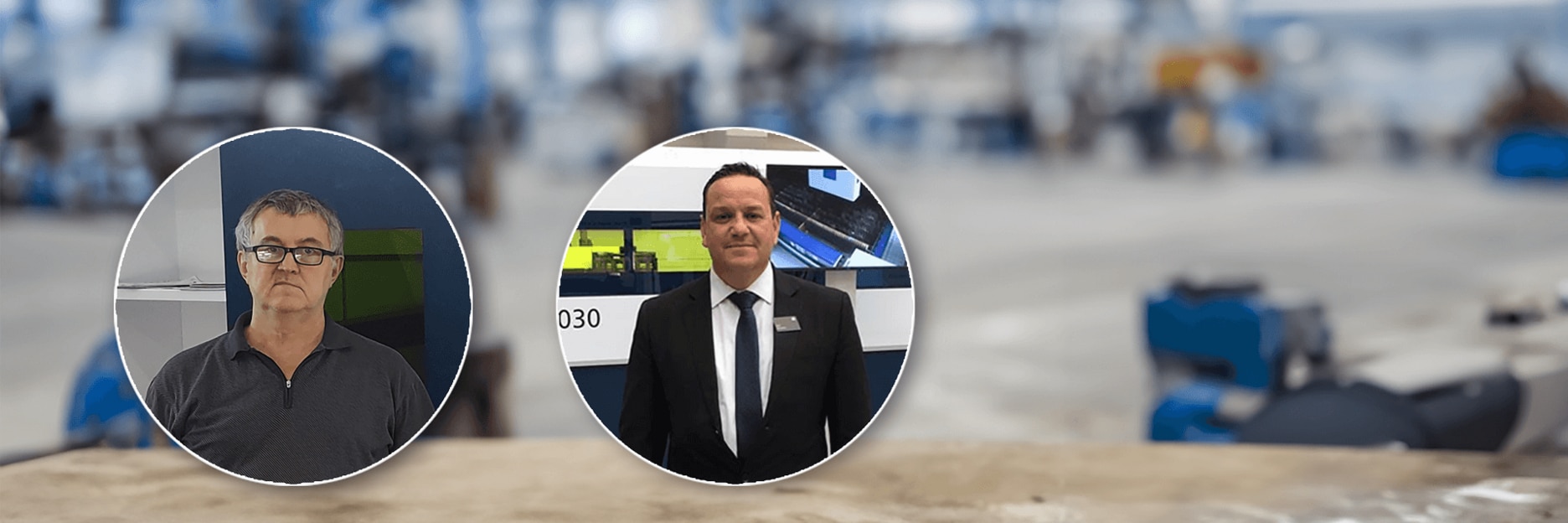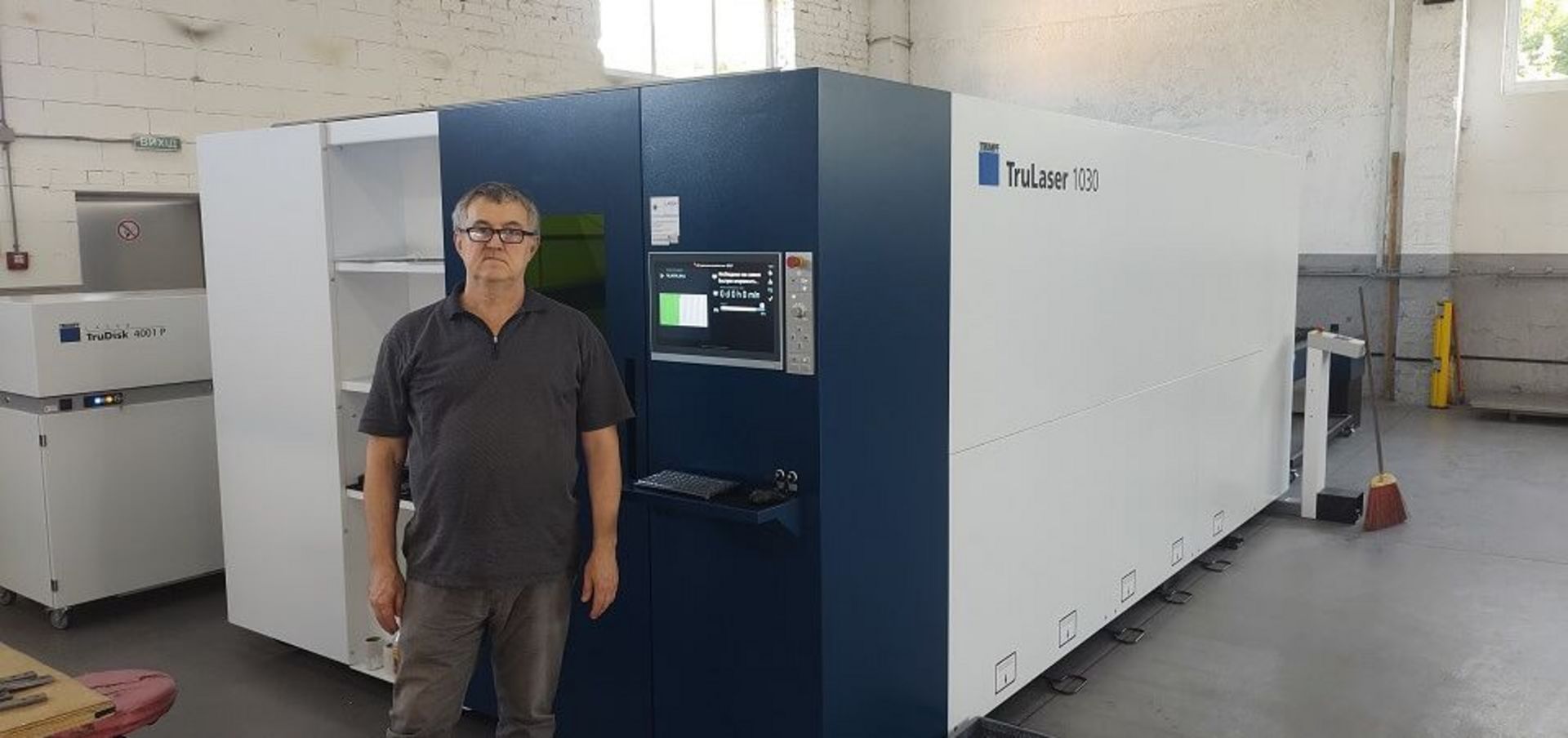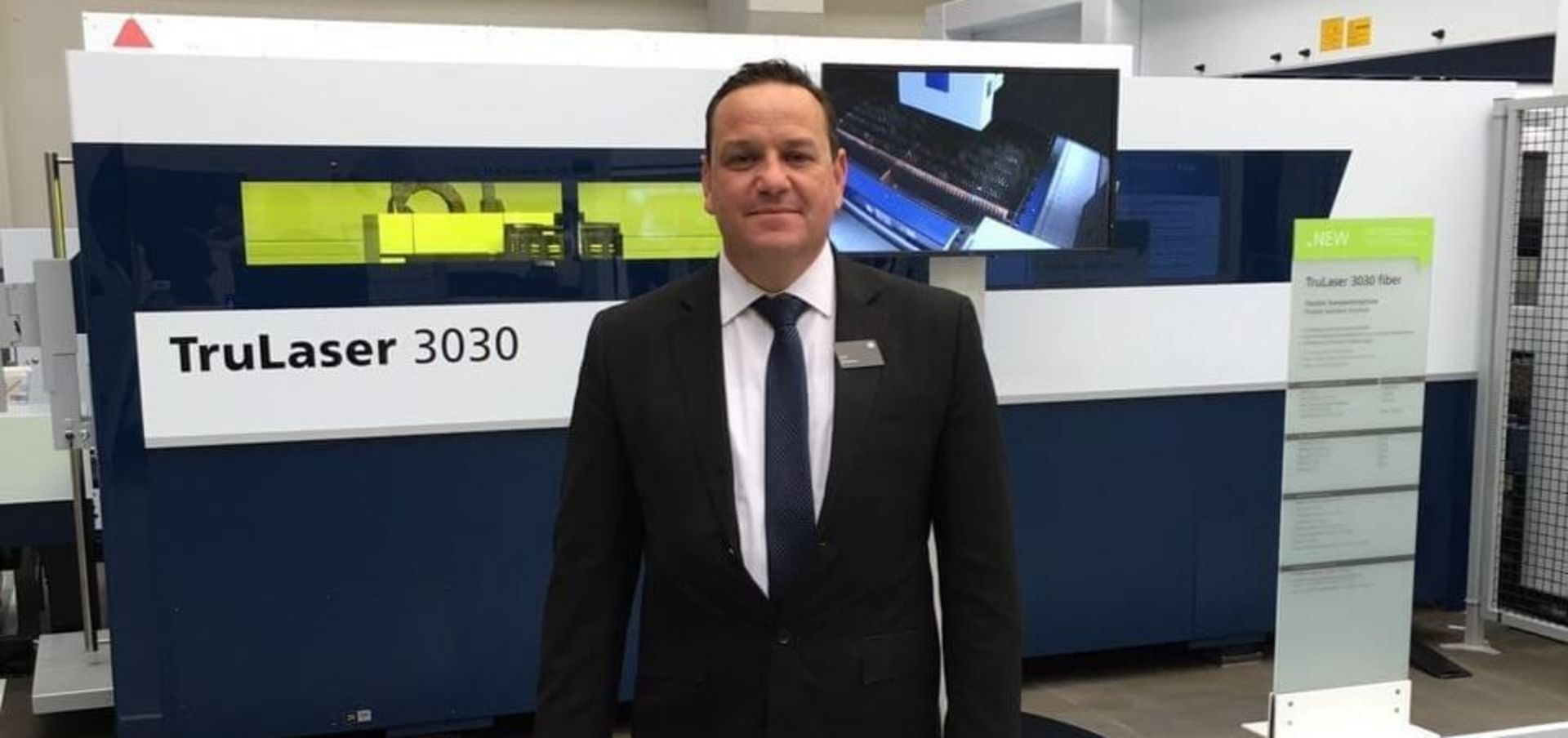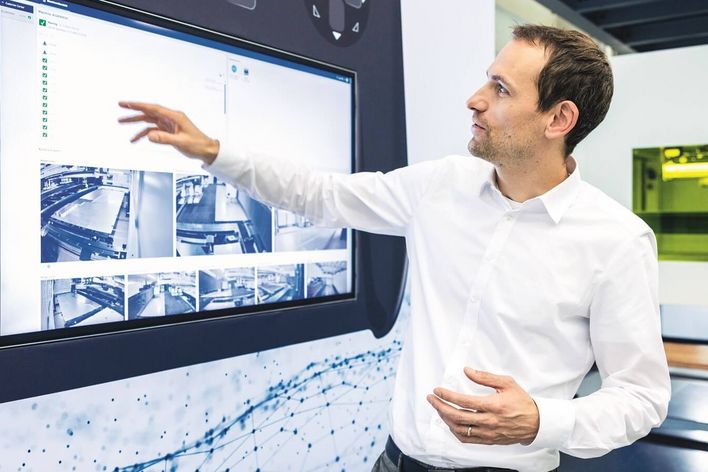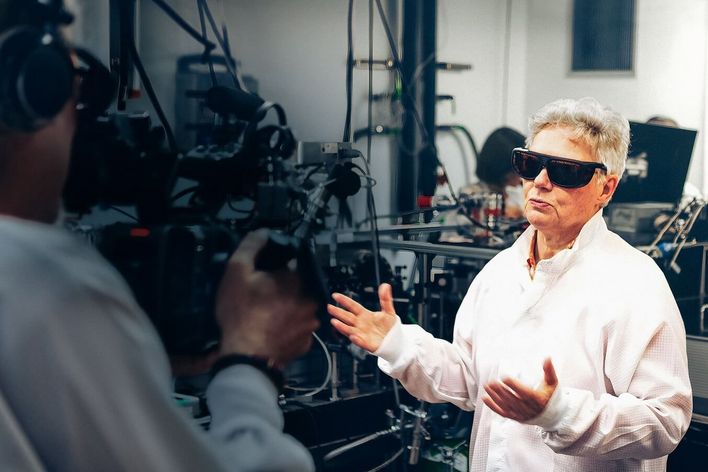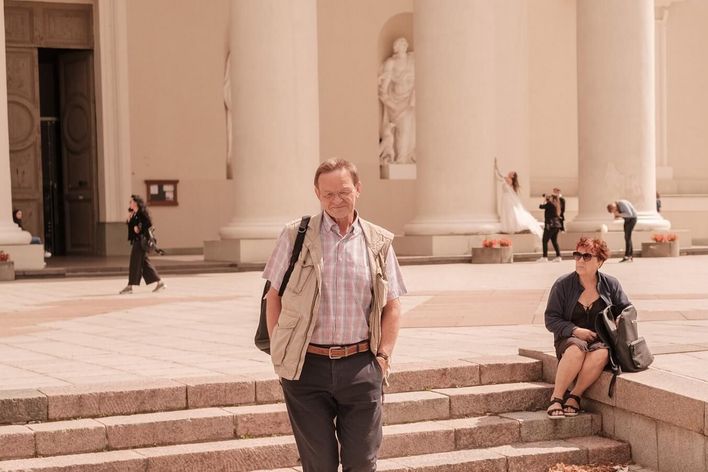Mr. Postrigan, Mr. Elmalem, on February 24, 2022, Russia invaded Ukraine and on October 7, 2023, Hamas attacked Israel. How do you remember the day that would change your country and your life?
Yuri Postrigan: When Putin crossed the border, I thought that Ukraine would be finished in three days. I believed there was no real army here. No weapons, no people ready for war. Three of my six service engineers decided to go to the front. They are still fighting, one of them was recently hit and wounded in an attack in Odessa – fortunately he is OK again.
Arie Elmalem: Immediately after the Hamas attacks on October 7, 2023, the army called in three service technicians from our seven-person service team. On the same day, we decided in the team that our customers should not feel the effects of this. The last few months have therefore been very hard. Only the day before yesterday, the last of the three service technicians returned from his assignment.
What impact does the conflict have on your customers?
Arie Elmalem: In Israel, the affected area is located in the north and southwest on the border with the Gaza Strip. We have some customers there. They have maintained their operations in recent months despite rocket fire. However, at the beginning of the war they suffered from a poor supply of raw material for production because some of their suppliers didn’t deliver there. A few months later they began to receive a regular supply of raw materials. Some are also missing employees because they have fled. We therefore had to train some of our customers' new employees in the use of TRUMPF machines. We also had to take over the commissioning of new machines, as TRUMPF can no longer send employees to these areas for safety reasons.
Yuri Postrigan: Ukraine has its industrial regions more in the east of the country. Just where Russia bombs and occupies the country. Many companies have moved their production to the west of the country. They have lost manpower because the men are serving at the front, and some have fled the country.
How has the war affected your relationship with customers?
Yuri Postrigan: Even before the war, we focused on the wishes of our customers. For example, we never put them under pressure in negotiations. Compared to the competition, we have always had a special, very cooperative relationship. Nevertheless, before the war, they sometimes spoke harsh words when we weren't fast enough with supplies, for example. Now it is clear to everyone that we are in the same boat. When a problem arises, we openly discuss how we can find the best solution despite the adverse circumstances.
And in Israel?
Arie Elmalem: We and our customers also stick together. We prioritize those who are affected by the effects of war daily. These include, for example, a customer in a kibbutz on the border with the Gaza Strip. This place, Rahim, was attacked by terrorists. They killed some members of the kibbutz. The terrorists also came to our customer's sheet metal production at that time and started shooting around.
Two weeks after the attack last October, my chief engineer and I received permission from the army authorities to travel there. When we showed up at the factory, the service manager there was completely flabbergasted, because he hadn't called us. We said, "We're coming to see what's going on. We want to get the machines going again and bring spare parts with us."
How did other companies handle this?
Arie Elmalem: Our service level is very high. While we have nine service engineers working for TRUMPF, many of our competitors only have two. Customers are getting used to it. That's what makes the difference. We don't just show up when someone wants to buy a machine. We are there for our customers whenever they need us. We put a machine into operation on the border with Lebanon while the region was attacked with missiles. The service technicians had to run into the air-raid shelter six to eight times a day. Due to the short distance to Lebanon, they only had a few seconds each time.
Yuri Postrigan: In Ukraine, some serious competitors have simply disappeared from the market. We stayed.
What do you wish for the future?
Yuri Postrigan: We are in a very difficult situation here. If we could be given some preferential treatment by all partners in the world because of the war, that would be great. We'll do the rest.
Arie Elmalem: I wish that all employees and family members of our customers who are now serving in the Israeli army or who have been taken hostage come home safely. And I wish that we can all return to a normal life soon.

